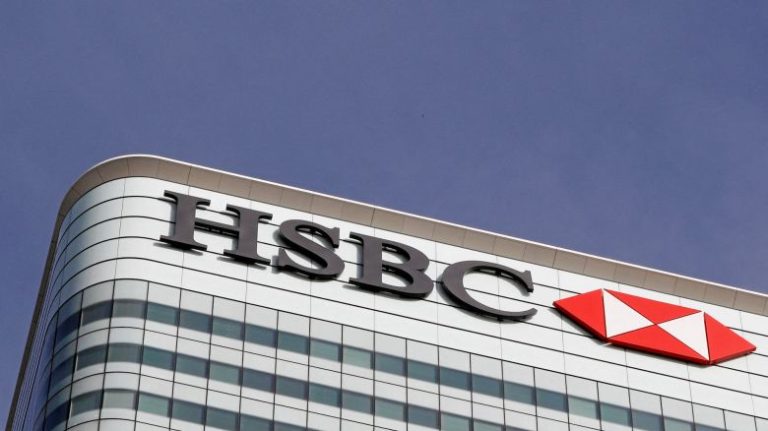HSBC’s profits have soared as it continues to cut costs and cash in on high interest rates around the world.
Europe’s biggest bank said Tuesday that pre-tax profit grew by $4.1 billion to $8.8 billion in the second quarter compared to the same time a year before. That trumped analyst expectations of about $8 billion.
Revenue also rose by $4.5 billion to $16.7 billion. The strong performance led the London-based lender to raise its outlook for the rest of the year, citing the current consensus for global interest rates.
HSBC (HSBC) now projects a return on tangible equity — a key measure of profitability — “in the mid-teens for 2023 and 2024, which excludes the impact of material acquisitions and disposals,” it said. That compares with a target of “at least 12%” the bank had set out in May.
The lender also said its board had approved a second interim dividend for shareholders of 10 cents per share. The payout would come on top of an existing quarterly dividend of the same value.
HSBC’s results over the past year have shown a steady recovery from the pandemic. In May, the lender revealed a tripling of quarterly profit, in part due to high interest rates and a provisional gain it expected from buying the UK arm of failed US lender Silicon Valley Bank.
In a sign of renewed confidence, HSBC said Tuesday it would conduct another share buyback of up to $2 billion, following similar announcements in recent months.
HSBC shares rose 1% in Hong Kong Tuesday following its earnings release.
The bank has been on a stringent cost-cutting drive in recent years, turning more to automation and shedding thousands of jobs and billions of dollars in assets. In June, it also announced plans to halve the size of its global headquarters and move out of London’s famed Canary Wharf.
Altogether, the lender’s strong performance in the first half was “driven mainly by higher net interest income in all three global businesses due to interest rate rises,” CEO Noel Quinn said in a note to shareholders.
However, that sheen from rate hikes is coming under scrutiny. On Monday, a UK regulator said banks needed to do more to share the benefits of high interest rates with their customers as critics point out that many savings rates haven’t kept up with interest rates.
In a report, the Financial Conduct Authority said the nation’s top nine financial service providers, including HSBC, Barclays and NatWest, had on average “passed through only 28% of the base rate rise, compared to an average of 80% between 2004 and 2009” for the majority of cash savings accounts.
“The pace and scale at which firms pass through higher interest rates to savers needs to improve … especially at a time of higher cost of living,” said the agency.
— CutC by cnn.com


